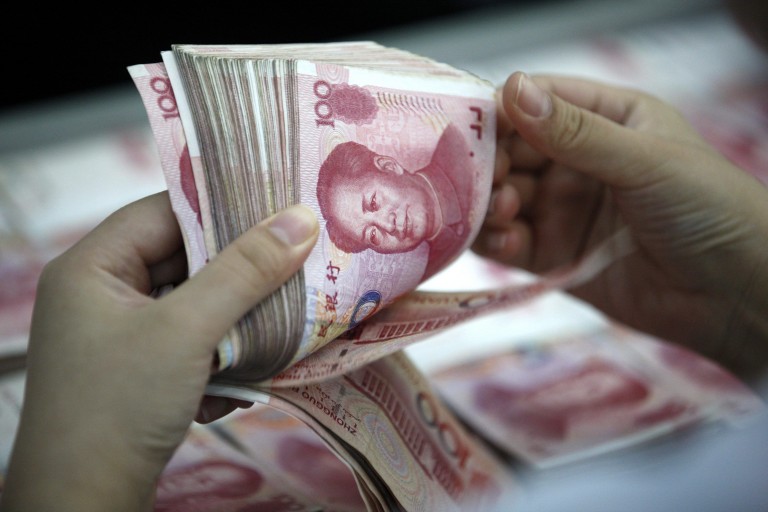
The Japanese yen (CURRENCY:JPY) pared its early week gains against the U.S. Dollar (CURRENCY:USD) for the third day in a row.
The selling pressure in the yen was triggered by comments from Japanese Prime Minister, Shinzo Abe, who hinted that the government will take steps to arrest currency appreciation. However, forex traders are less convinced about this comment and see a high intervention bar. Still, the yen is trading closer to its 18-month high against the greenback.
USD/JPY (USDJPY) surged 0.26% to 107.29 during the late Asian trade. In other global currencies, the dollar continued to strengthen against the Euro with EUR/USD (EURUSD) trading 0.37% lower at 1.1442. Traders ignored the report released in the U.K. stating that the service sector output grew at the slowest rate in April in the last three years. GBP/USD (GBPUSD) traded steady, 0.13% up at 1.4514.
European markets bounce back
Most Asian indices retreated from their early day losses today. However, Hang Seng (INDEXHANGSENG:HSI) and Taiwan’s TSEC 50 saw a seventh consecutive down day, shedding 0.37% and 0.21% to 20,449.82 and 8,167.96 respectively. The arrest in the yen’s appreciation provided respite to the Asian bourses.
In the European markets, most indices turned away from their four-day losing streak and headed into positive territory. Germany’s DAX (INDEXDB:DAX) added the most, up by 0.76% to 9,902.75.
Oil and its corresponding ETF’s including the iPath S&P GSCI Crude Oil Total Return (NYSEARCA:OIL) turned north, mainly driven by a wildfire near oil sands in Canada. The fire sparked expectations of a production cut from the region as the state of emergency has already been declared in Canada’s Alberta province. Brent Crude jumped 2.55% to hit $45.76 per barrel the West Texas Intermediate surged 3.22% to $45.19.




